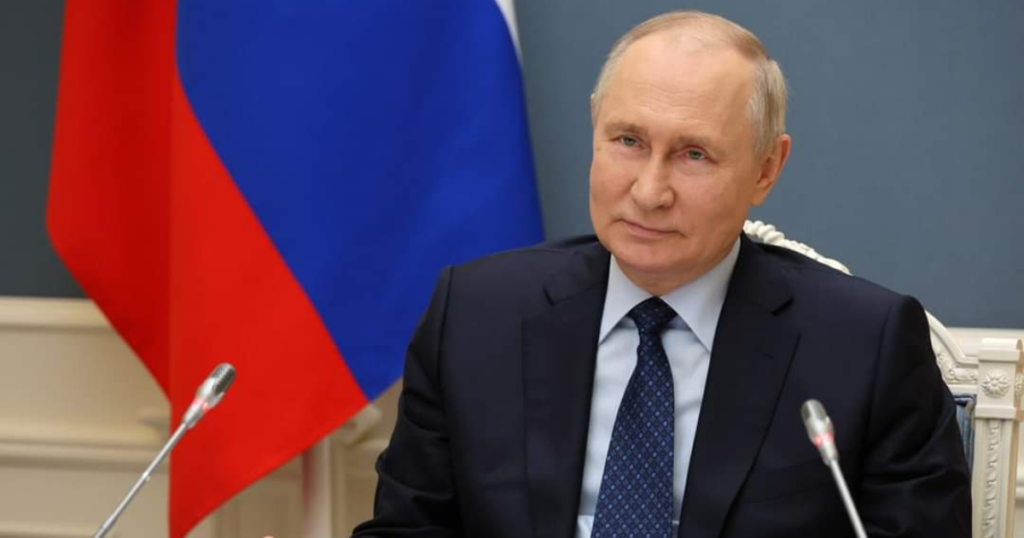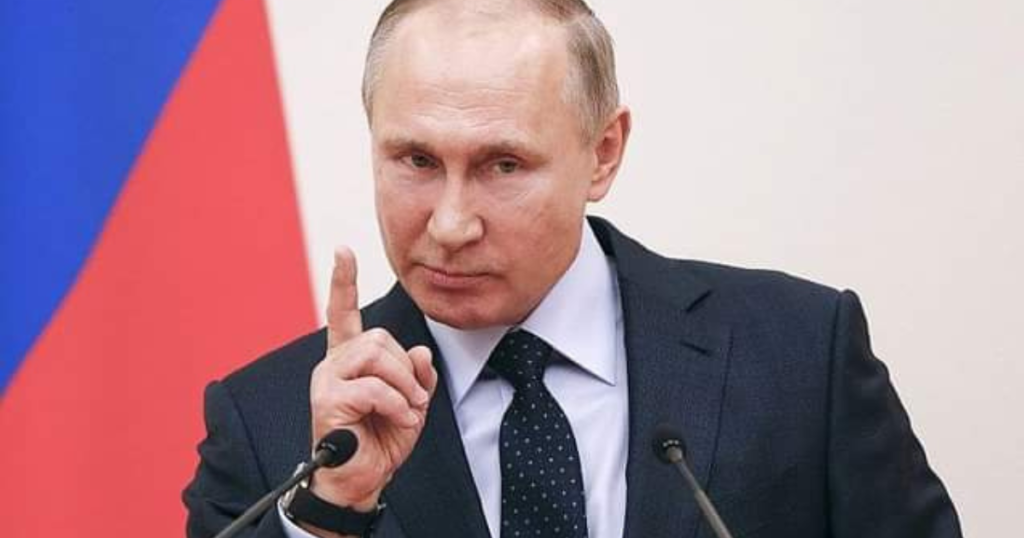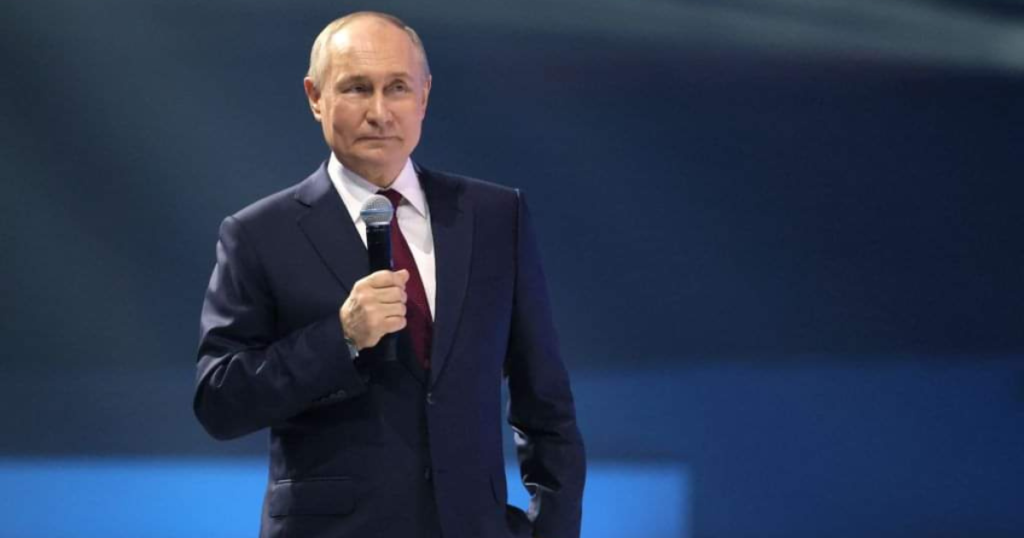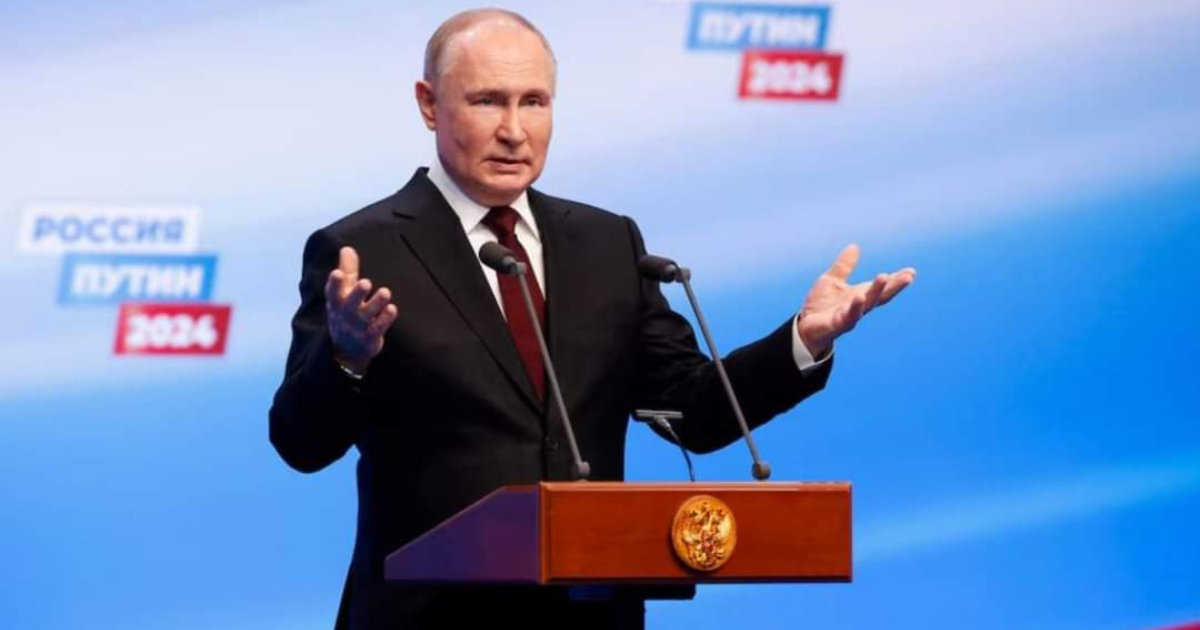Early Life and Education
Vladimir Vladimirovich Putin was born on October 7, 1952, in Leningrad, Soviet Union, to Vladimir Putin Sr. and Maria Putin. Growing up in post-war Soviet Russia, Putin experienced a childhood characterized by modesty and the prevalent communal lifestyle. He displayed a keen interest in sports from an early age, particularly in judo and sambo, passions that would shape his public image in later years. After completing his secondary education, Putin attended Leningrad State University, where he earned a degree in law, graduating in 1975.
Career in the KGB

Following university, Putin pursued a career in the KGB (Committee for State Security), the Soviet Union’s primary security agency. He underwent rigorous training and held various positions, including postings in East Germany. Putin’s time in the KGB gave him valuable skills in intelligence gathering, analysis, and operational management. Rising through the ranks, he ultimately reached the rank of lieutenant colonel before resigning in 1991, amidst the backdrop of the Soviet Union’s collapse.
Entry into Politics
Following the dissolution of the Soviet Union, Putin shifted his focus to politics. He returned to his hometown of Leningrad (now Saint Petersburg) and joined the local government. There he worked in the administration of Anatoly Sobchak, the first democratically elected mayor of the city. Putin’s time in Saint Petersburg provided him with valuable experience in governance and administration, laying the groundwork for his future political career. In 1996, he moved to Moscow to work for the federal government, where he rapidly rose through the ranks.
Rise to Power
Putin’s political rise gained momentum in 1999 when Boris Yeltsin, the President of Russia at the time, appointed him as Prime Minister. Putin’s leadership qualities and assertive approach to governance quickly caught the attention of the Russian people and political elite. When Yeltsin resigned on December 31, 1999, Putin assumed the role of acting President. He swiftly consolidated power and implemented his agenda centered around stability, economic restructuring, and bolstering national security.
Presidential Tenure

In March 2000, Putin secured victory in the presidential election, marking the beginning of his first term as Russia’s President. Throughout his presidency, he focused on stabilizing the Russian economy, combating corruption, and reinstating order in a nation recovering from the aftermath of the turbulent 1990s. Putin’s leadership during crises such as the Second Chechen War and the Beslan school hostage crisis drew both acclaim and critique, molding his reputation as a decisive and determined leader.
Second Term and Prime Ministership
Due to constitutional term limits, Putin was unable to seek a third consecutive term as President in 2008. Instead, he transitioned into the role of Prime Minister under Dmitry Medvedev, his chosen successor. Despite holding a nominally subordinate position, Putin retained significant influence over Russian politics and policymaking. During his time as a Prime Minister, he continued to wield considerable power, shaping domestic and foreign policy with his vision for the future of Russia.
Return to the Presidency
In 2012, Putin was once again elected as President, signaling his comeback to the highest position of power in Russia. His re-election solidified his status as one of the most influential figures in modern Russian politics. Putin’s third and fourth terms as President have been characterized by a mix of continuity and change, as he grapples with both domestic issues and evolving geopolitical dynamics on the global stage.
Explore more inspiring journeys within our rich biography collection.
Family
Putin was married to Lyudmila Putina (née Shkrebneva) from 1983 to 2014. Born in Kaliningrad in 1958, Lyudmila worked as a flight attendant for Aeroflot before her marriage to Putin. The couple had two daughters, Maria and Yekaterina “Katerina” Tikhonova. Since his divorce from Lyudmila in 2014, Putin’s personal life has remained largely out of the public eye.
Controversies and Criticisms
Putin’s leadership has not been without controversy. His administration has been accused of electoral fraud, suppressing political dissent, and violating human rights. Critics accuse Putin of consolidating power within a narrow circle of loyalists, stifling political opposition, and undermining democratic institutions. On the international stage, Russia’s assertive foreign policy, including the annexation of Crimea in 2014 and involvement in conflicts like the Syrian Civil War, has strained relations with Western countries, resulting in sanctions against Russia.
Legacy and Impact

Despite facing criticism and controversy, Putin continues to be a divisive figure, both domestically and internationally. His leadership has significantly influenced Russian politics and society, shaping the trajectory of the nation in the post-Soviet era. Putin’s legacy is a subject of debate, with his supporters praising him for restoring stability and fostering national pride, while his detractors condemn his authoritarian tendencies and disregard for democratic norms.


